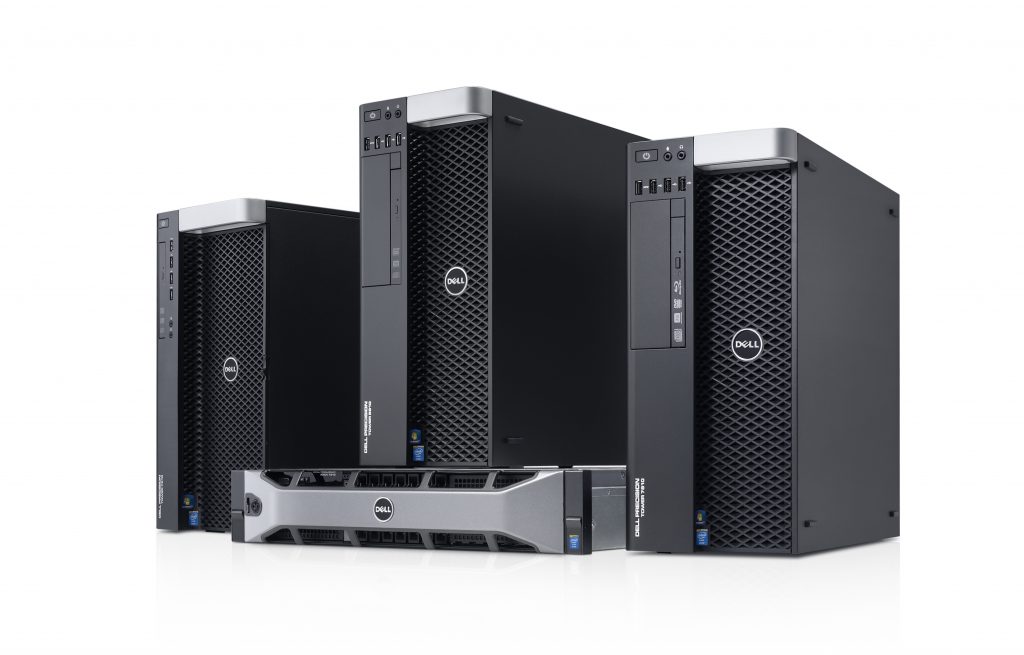Medical Practices are able to get hardware at no additional charge as a part of the Managed IT service that is offered by Healthcare IT leader, Microwize Technology.
Microwize Technology is offering Hardware as a Service (HaaS) Starting at $69/computer per month hardware will be included with Managed IT Service Provider (MSP) at no additional charge by Microwize Technology, Inc. a leading company for Healthcare IT Service Providers.
Microwize Technology – A Healthcare IT firm providing managed IT services and cloud  computing for medical practices with 10 to 100 computers located in Paramus, New Jersey – announces an offering to include hardware (desktops, laptops, servers, and firewalls) as a part of the managed IT services. Starting at only $69 per month per computer and $239 per server, Microwize will fully manage, maintain, update, backup, securely monitor (including Dark Web monitoring), and warranty the hardware. After 60 months, the core hardware will be replaced with new hardware at no additional charge.
computing for medical practices with 10 to 100 computers located in Paramus, New Jersey – announces an offering to include hardware (desktops, laptops, servers, and firewalls) as a part of the managed IT services. Starting at only $69 per month per computer and $239 per server, Microwize will fully manage, maintain, update, backup, securely monitor (including Dark Web monitoring), and warranty the hardware. After 60 months, the core hardware will be replaced with new hardware at no additional charge.
Microwize Technology is a leader in Healthcare IT that has been helping medical practices achieve the highest level of HIPAA security, assisting with programs such as MIPS/MACRA, PCMH, and more to complete security risk assessments and other healthcare regulatory compliance since 1997.
Microwize Technology’s Director of IT, Jonathan McCloskey, commented as was reported on 60 Minutes on Sunday May 5th 2019, “Ransomware locks up a victim’s files until money is paid. Here’s how to protect your data and avoid an attack on your computer network.” We are currently seeing a spike in calls from healthcare clients who have been infected by ransomware. If I had to come up with the most important points to prevent a ransomware attack, here is the dirty dozen list:
1. Use two-factor authentication.
2. Change passwords every 60-90 days.
3. Monitor the Dark Web in case your information is sold there.
4. Use trusted applications to keep track of your passwords, such as LastPass (TM).
5. Disable accounts or change passwords when you lose an employee or IT vendor.
6. Avoid phishing emails by blocking them and train and test all staff members to ensure compliance.
7. Consider Cloud options.
8. Back up daily and have your backup stored outside your environment.
9. Test your backup and your disaster recovery plan.
10. Use a strong firewall and antivirus software that is always up-to-date.
11. Use the latest operating systems and make sure they have the latest patches.
12. Make sure all your equipment such as routers, firewalls, and servers are updated, patched, and maintained.
Consider managed IT/maintenance which includes most of the above. Managed IT is important because operating systems and applications need to stay up to date. It’s not so much a matter of having all the latest features, but of having all available patches and bug fixes installed. When you have fully updated software, it runs more reliably from both an operational and security standpoint. With managed IT services, medical practices get immediate fixes for security holes, avoiding expensive data breaches. For example, the much- publicized credit bureau company hack in 2017 originated because of an unapplied patch. Maintenance also includes configuration and data management. A well-configured system uses resources efficiently and gives
access to the authorized people only. It provides better response times and has fewer issues. Mr. McCloskey believes that fixing systems after they break is expensive and disruptive. Managed services keep them from breaking in the first place. With Microsoft Windows 7 and Server 2008 R2 reaching end-of-support by January 14, 2020, many medical practices will benefit from Microwize’s fast and affordable services.
President and CEO of Microwize Technology, Robert Gabriel, commented, “A huge number of PCs and servers still use older Windows operating systems that puts them at risk. With Microsoft end of support for Windows 7 and Server 2008 R2 on January 14, 2020 it will put many medical practices at risk. According to statista.com 41.44% are using Windows 7 and older as of 1/1/2019. Including the hardware as a part of the IT services we provide will help medical practices and hospitals budget better, prevent vulnerabilities, and improve productivity, which will result in better patient care.”
About Microwize Technology
For more information on our Hardware as a service, managed IT services, visit https://microwize.com/healthcare-it/hardware-as-a-service-haas/
